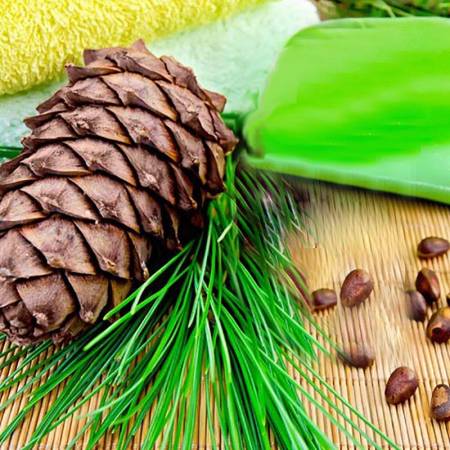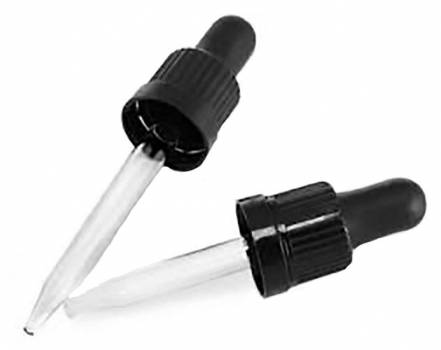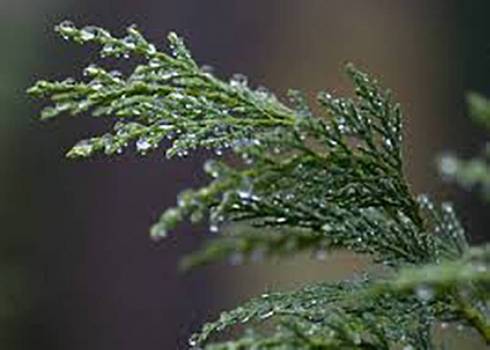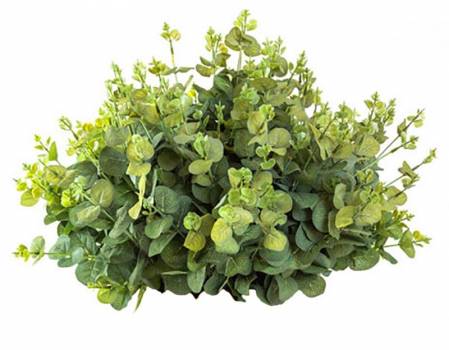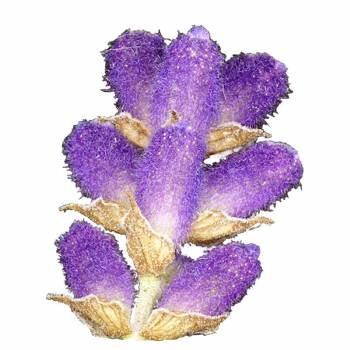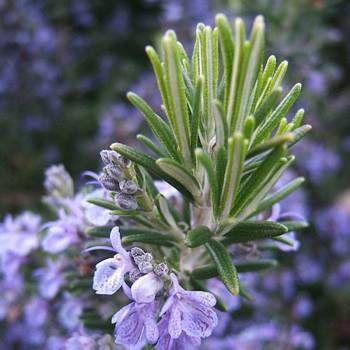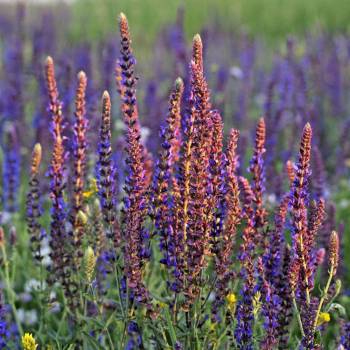Welcome Sign in
Product successfully added to your shopping cart
There are 0 items in your cart. There is 1 item in your cart.
Cedarwood, Atlas - Cedrus atlantica
Atlas Cedarwood is believed to have originated from the Lebanon cedars which grow wild in Lebanon and on the island of Cyprus.
New
Available
Data sheet
| County of Origin | Morroco |
| Therapeutic Properties | Anti-bacterial, anti-infectious, astringent, carminative, cicatrisant, diuretic, expectorant, sedative |
| Botanical Family | Pinaceae |
| Chemical Family | Sesquiterpenes, sesquiterpenols |
| Approx. Shelf Life | 7 - 8 years |
| Plant Parts | Wood |
| Note Classification | Middle | Base |
| Method of Extraction | Steam Distilled |
| Blends well with | Bergamot, chamomile, clary sage, cypress, eucalyptus, jasmine, juniper, lavender, neroli, palmarosa, petitgrain, rosemary, sandalwood, vetiver, ylang ylang |
More info
History: Atlas Cedarwood is said to come from the Lebanon cedar (a protected tree) of ancient times. This oil is reported to be one of the first oils distilled by the Egyptians, who used it in the mummification process, as a temple incense and for cosmetics and perfumery. The wood was thought to be indestructible and was used in building King Solomon's temple in Jerusalem, as well as for building palaces, mummy cases and furniture.
Characteristics: Cedarwood is a pyramid-shaped majestic evergreen tree, which grows up to 131 ft. high. The wood itself is hard and strongly aromatic because of the essential oil it contains, which is obtained by steam distillation. Originating in the Atlas Mountains in North Africa, linen chests were frequently crafted from Cedar. The ancient Egyptians prized the oil, mostly for embalming purposes, but also for cosmetics and perfumery, and Solomon's Temple was built with Cedar Wood. Today, closet liners and accessories are frequently crafted from Cedar, and the oil is currently used in commercial soaps, cosmetics and perfumes, especially men's colognes.
Clinical Studies:
Indications: Used for acne, dandruff, dermatitis, eczema, fungal infections, greasy skin, hair loss, skin eruptions, ulcers, bronchitis, catarrh, arthritis, rheumatism, relieves nervous tension and stress, promotes sleep, mental clarity, helps meditation. For spas, atlas cedarwood is a permier cellulite oil and oil for the scalp strengthening hair growth, eliminating dandruff, and seborrhoea. Use to treat cold damp conditions.
Personality Profile:
Subtle Aromatherapy:
Mode of Administration: Aroma lamp, bath, inhaler, liquid candle, massage, mist spray, steam inhalation.
Safety: Dilute before use; for external use only. May cause skin irritation in some individuals; a skin test is recommended prior to use. Contact with eyes should be avoided.
